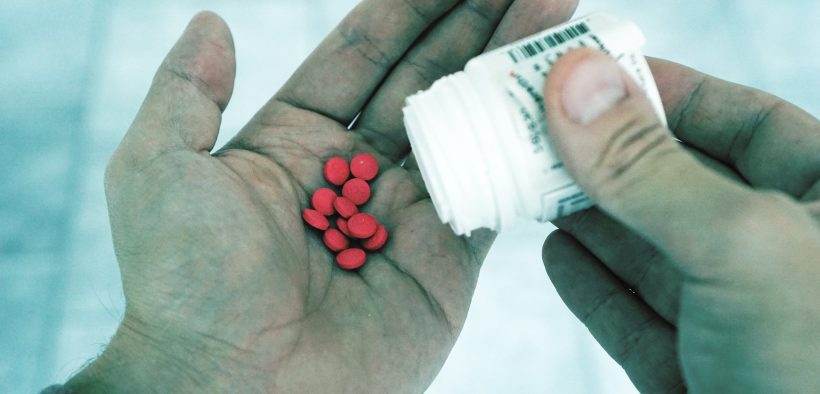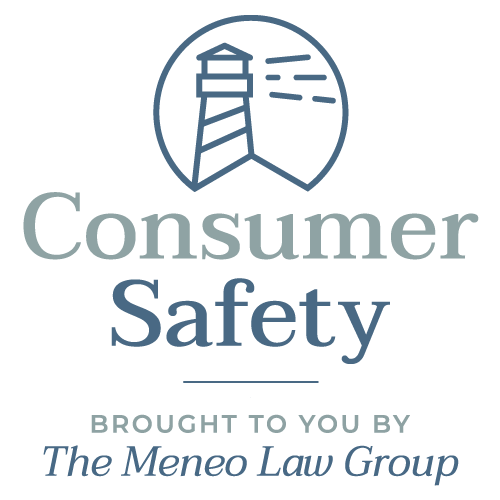How Common Are Adverse Drug Events?

Just this week, drug manufacturers Bayer and Johnson & Johnson announced a $775 million settlement to plaintiffs who were harmed while using their blood thinner Xarelto.
While many individuals may experience side effects while taking a medication, we rarely expect medication side-effects to land us in the hospital. Surprisingly though, adverse drug events (ADEs) account for approximately 1 million visits to the emergency room each year in the United States.
Even more shocking, most of these ADEs are preventable. With increased education and awareness, we can reduce this number and protect millions of American citizens. Here is a brief look into some of the most common prescription medications with a high number of reported ADEs.
Diabetes Treatment
We most commonly associate diabetes treatment with insulin therapy, but for some diabetics, additional therapies and medications may be needed to help control symptoms. Unfortunately, this also puts these patients at a greater risk for ADEs.
As Katy Moncivais, Ph.D., Medical Editor for ConsumerSafety.org, explains, “Usually, the side effects from diabetes itself pose a greater risk than those of diabetes medications, but for some patients, SGLT2 inhibitors like Invokana are the exception.”
Invokana, the medication Moncivais mentions, has been named in hundreds of lawsuits filed by patients injured because of the drug. Claims mention severe side effects like an increased risk of lower-limb amputations, diabetic ketoacidosis, kidney failure, and acute pancreatitis. Most recently, patients reported cases of Fournier’s gangrene caused by the medication. Following these reports, the U.S. Food and Drug Administration (FDA) issued an additional warning to patients taking Invokana and other SGLT2 inhibitors.
Anticoagulants
Anticoagulants, more commonly referred to as blood thinners, are classified as high-risk drugs, and many of these medications carry the FDA’s black box warning. What makes anticoagulants so potentially dangerous to patients is the life-threatening severity of the drug’s possible side effects.
While not everyone using a blood thinner experiences side effects, those that do might experience near-fatal bleeding events. Just this week, drug manufacturers Bayer and Johnson & Johnson announced a $775 million settlement to plaintiffs who were harmed while using their blood thinner Xarelto. Simply put by Moncivais, “Anticoagulants save lives, but patients have a right to know exactly how much risk they carry.”
Opioids
With the ongoing opioid crisis, most Americans are familiar with the consequences of prescription opioid abuse. Some have experienced it first hand within their communities, while others have witnessed the national crisis through their daily news outlets.
Though naysayers might believe that prescription drug abusers lack self-discipline or willpower, often these people are actually victims of ADEs. “A developing body of research shows that some patients are extremely predisposed to biological opioid addiction. For them, one prescription can be the first step on a very short road to overdose,” explains Moncivais. Preventing ADEs is a responsibility that patients and doctors must share. As Moncivais elaborates, “Patients often incorrectly assume that their doctors know every drug they take and how they interact with each other.”
ADE Prevention
To prevent serious or potentially fatal ADEs, patients need to be honest with their prescribing physicians, and they need to be a part of the treatment discussion rather than a bystander.
Doctors, on the other hand, need to build trustworthy relationships with their patients and encourage open dialogue about prescription options and the risks and benefits associated with any drug they prescribe to a patient. This two way street between doctors and patients, can reduce ADEs, and may benefit other aspects of a patient’s health down the road. When it comes to adverse drug events, something as simple as a conversation could prove life-saving.











